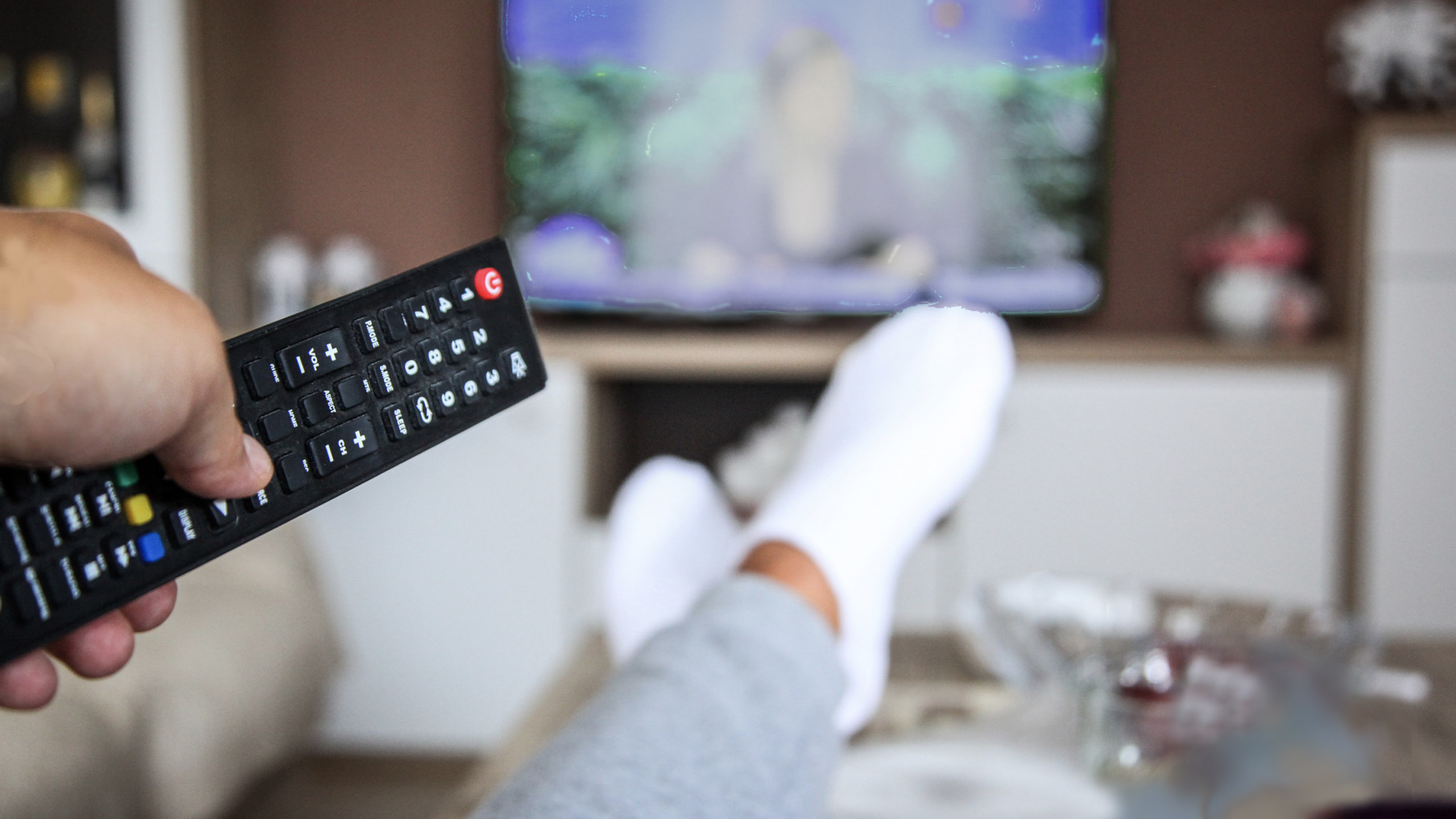Is binge-watching bad for your brain? A neurologist weighs in
[Dr. Shaheen Lakhan is an award-winning physician-scientist and clinical development specialist, who is board-certified in both neurology and pain medicine with clinical training from the Cleveland Clinic and Massachusetts General Hospital. He is the VP of Research & Development at The Learning Corp, and writes a regular column in The Learning Corp’s BrainWire hub for brain health]

Planning on catching up on your favorite Netflix series over the holidays? If you’re an average American, you stream an average of 71 minutes of Netflix each day. Think that’s a lot? It is. We spend fewer hours exercising, socializing and eating – activities that arguably may be more critical to our well-being. So, is binge-watching actually bad for brain health? Turns out the answer is a little complicated.
Maintain a level of self-awareness while binge-watching
Engaging in a TV or streaming marathon – or, “binge-watching” – is perfectly fine for your brain, provided you’re maintaining some level of overall self-awareness. In many cases, it can be a positive for your cognitive and mental health because you’re immersed in the environment of what you’re watching: your brain and emotions are stimulated as you absorb the content. In fact, fMRI brain studies of individuals watching videos vs. watching something live show that the same brain areas are activated.
However, as with any form of behavioral excess, be sure you’re practicing the principles of moderation and self-control. Using it as an informal escape is OK, but if you’re binge-watching regularly as a coping mechanism to avoid reality, this could be a precursor to a bigger issue. And if your binge-watching interferes with your social or occupational welfare, you’ve now entered addiction territory. You can develop a physiological and psychological addiction to binge-watching because of entrainment – that is, you’re going through the same emotions as what’s happening on-screen, so your body is both physically and mentally responding.
Tips for brainier binge-watching
It all comes down to checks and balances: understand what other commitments you need to prioritize, and pay attention to how your mind and body feel as you watch. Your brain is a muscle, so as with any period of prolonged activity where a muscle is engaged, you can get fatigued. This is why people often complain of feeling physically exhausted after sitting on the couch and watching all day. There’s also a period of anxiety that happens after binge-watching because you get a lot of sensory exposure from the content, as well as light exposure from the TV or device on which you are watching. Because of these physical and mental exhaustion factors, a proper period of recuperation may be necessary, which is why you may find it’s best to binge-watch later in the day when you’re looking to wind down.
And do monitor what you watch, as content matters – research shows that what you watch influences your state of mind. For example, binge-watching graphic dramas and horror can desensitize you to everyday life. So, mix in a little Great British Bake Off with your Stranger Things for better brain health.


